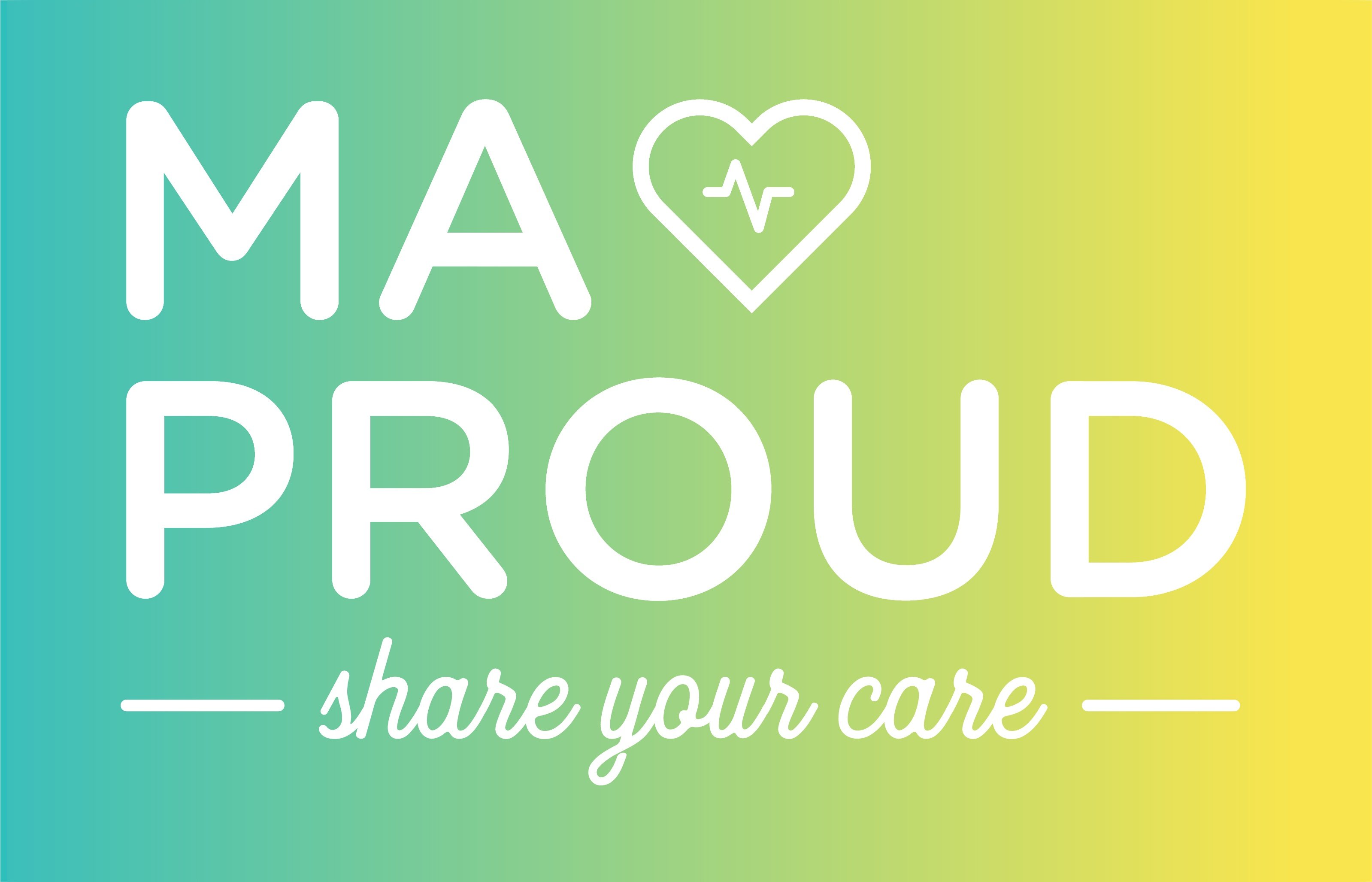When your role in healthcare is to perform work involving the safety of human lives, you are considered essential. Healthcare professionals just like you are continuously in the news surrounded by feel-good stories, fearful stories, and everything in-between. As healthcare workers serving on the frontlines of COVID-19, how do you bring your best self to work without leaving your family in a constant state of worry?
Stacy Jones
Recent Posts
Every October, Medical Assistants Recognition Week celebrates medical assistants who are at the heart of healthcare. From October 15-19, 2018, employers and educators of medical assistants have an opportunity to honor the contributions these valuable healthcare professionals make in the lives of their patients, healthcare teams and greater community. Here are a few ideas of ways to observe MAR Week in your office or classroom.
Medical Assistants Recognition Week (MAR Week) celebrated the third full week in October (Oct. 15-19, 2018), is a time to celebrate your hard work, dedication and compassionate care. Your ordinary is extraordinary, and we hope that as a healthcare professional you celebrate your achievements, as well as the achievements of your peers. Here are some ideas to help you lift up and celebrate your fellow MAs so that they can feel seen and appreciated.
Choosing an allied health certification provider is a decision that should be made carefully and with intention. After all, it is your career you are talking about. As you research your options, use these seven criteria to give you a clear picture of which provider may be best for you.
1. Accreditation: Certifications should be recognized and respected by an
accrediting body, not just a certificate of program completion. Look for the stamp of approval from a national accreditor such as The National Commission for Certified Agencies (NCCA). It sets standards to ensure that certification programs and their exams meet national industry expectations.
The healthcare industry changes every day, making continuing education vital to your success as an allied health professional. That’s why NHA requires Continuing Education (CE) credits to maintain certification. And when it comes to creating new educational content, we turn to some of the industry’s top experts — active leaders of the allied health community who are helping shape the future of healthcare.
The healthcare industry changes everyday, making continuing education vital to your success as an allied health professional. That’s why NHA requires Continuing Education (CE) credits to maintain certification. And when it comes to creating new educational content, we turn to some of the industry’s top experts — active leaders of the allied health community who are helping shape the future of healthcare.
The healthcare industry changes everyday, making continuing education vital to your success as an allied health professional. That’s why NHA requires Continuing Education (CE) credits to maintain certification. And when it comes to creating new educational content, we turn to some of the industry’s top experts — active leaders of the allied health community who are helping shape the future of healthcare.
The healthcare industry changes everyday, making continuing education vital to your success as an allied health professional. That’s why NHA requires Continuing Education (CE) credits to maintain certification. And when it comes to creating new educational content, we turn to some of the industry’s top experts — active leaders of the allied health community who are helping shape the future of healthcare.
The healthcare industry changes everyday, making continuing education vital to your success as an allied health professional. That’s why NHA requires continuing education (CE) credits to maintain certification. And when it comes to creating new educational content, we turn to some of the industry’s top experts — active leaders of the allied health community who are helping shape the future of healthcare.










